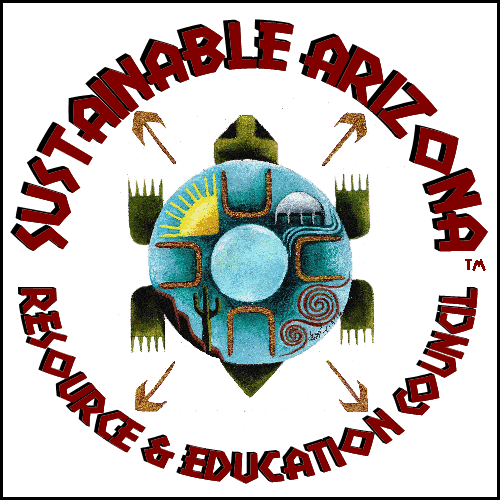These 50 state plans have huge stakes.
Collectively, U.S. electric customers spend over $360 billion each year. Most of that is generated from fossil fuels, frequently extracted outside their own state. In other words, most of that money leaves their community to pay for dirty energy. But the electricity system is in the midst of an enormous transformation from the bottom up just as the federal plan pushes utilities to cleaner energy from the top down.
Driven by improvements in energy efficiency, electricity consumption peaked in 2007 and has been stagnant ever since. Distributed solar, like that found on home rooftops, has provided more than 5% of newly added power plant capacity from 2011 through 2015. In 2013, nearly one-third of all new power plant capacity was from solar energy. The profusion of smartphones is giving customers innovative ways to control energy use, from web-connected thermostats to light bulbs. Consulting firm Accenture estimates that these “disruptive” and economical technologies could save electric customers up to $48 billion over the next 10 years.


 There has been a furor about water quality in the wake of the man-made water disaster in Flint, Michigan. While Flint is a modern horror story, we have similar ongoing water stories throughout the West…wherever mining and oil/gas drilling has occurred.
There has been a furor about water quality in the wake of the man-made water disaster in Flint, Michigan. While Flint is a modern horror story, we have similar ongoing water stories throughout the West…wherever mining and oil/gas drilling has occurred.  by Paul Krugman, New York Times
by Paul Krugman, New York Times